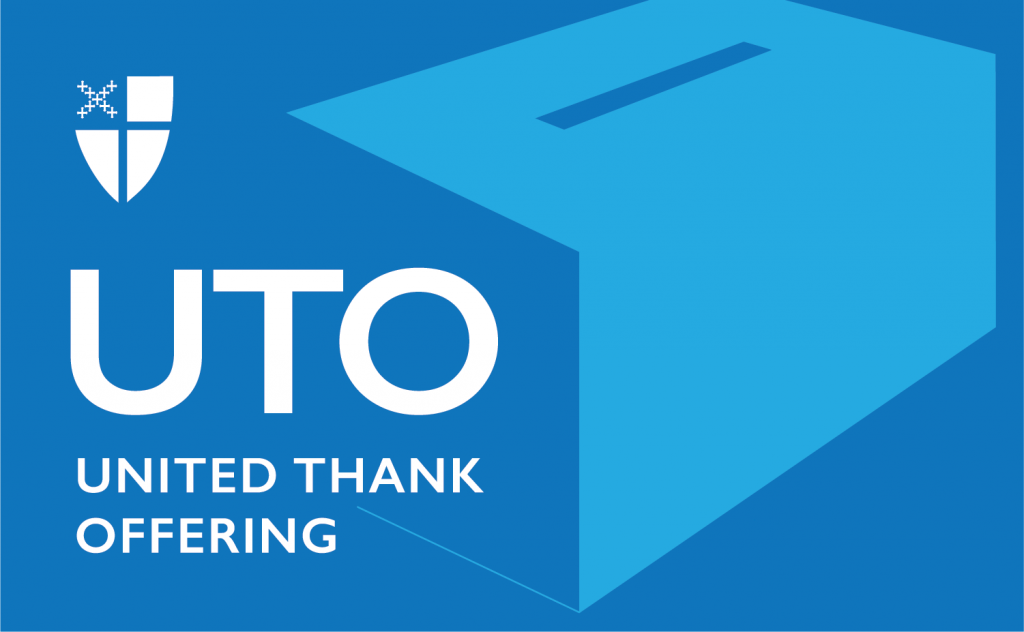“Every day is a day of thanksgiving”
“Every day (is) a day of thanksgiving to the Wampanoag. … (We) give thanks to the dawn of the new day, at the end of the day, to the sun, to the moon, for rain for helping crops grow. … There (is) always something to be thankful for. … Giving thanks comes naturally for the Wampanoag. With Native Americans you do not separate the spiritual from the rest of your life. You’re very involved with who you are, where you came from, and where you are going. We have special holidays or festivals, but every day is a day of thanksgiving.” Wampanoagtribal elder Gladys Widdiss
Happy November, dear friends! This is the month where we in the United States turn our thoughts to Thanksgiving, the Macy’s Parade, and turkeys. I love November – I love the crisp air and the smell of smoke from fireplaces, and I love planning and preparing a Thanksgiving feast for my family and friends. I love that we have a holiday during which we don’t exchange gifts but we do gather intentionally and share our gratitude for the gifts from God and the gifts of the relationships that bind us together around our table and our community of friends and supporters. Thanksgiving, to me at least, is actually a holiday to recognize our vulnerability, fragility, and interdependence with God and one another. When we give thanks, or say thank you, we are recognizing the undeserved gift that we have received, either tangible or intangible, and in that acknowledgement, we are also recognizing that we are dependent upon God and one another. We cannot survive on our own regardless of how much we think we can. Humans are pack animals; science has shown that we need one another for our emotional and physical well-being (even those of you who need time away from the rest of us!). Thanksgiving offers us the chance to recognize our interdependence and give thanks. It gives us a moment to stop, notice, and reflect on the good things that God is doing in the midst of us, inside of us, and sometimes, in spite of us.
With all of this said, I would be remiss if I didn’t mention that Thanksgiving isn’t without its problems. In September, I went into a craft store looking for some supplies for a project I was working on, only to find racks of Thanksgiving crafts for kids with “pilgrims and Indians” to color, dress up as, or decorate the table with. We often lament the ways that Christmas is becoming secularized; seeing this display makes me wish we could “secularize” Thanksgiving by focusing on gratitude and letting the mythology of Thanksgiving go. (There are more articles and books out there about this, but here’s a good quick summary.) If we’re unwilling to do that, then we need to find ways to acknowledge the cost the Indigenous People in the United States have paid since the ships arrived from Europe. We need to acknowledge that the tradition of giving thanks at harvest time is an amazing gift from the Indigenous People and their own traditions. The Wampanoag are often credited as being the tribe that met the Pilgrims and shared a harvest meal. The Wampanoag have an amazing website with educational resources to teach about their traditions. (They even share a recipe for a cranberry crumble, which I’m going to add to our Thanksgiving meal this year.) I’ve used their resources before around Thanksgiving because I find that they speak to the heart of what we are trying to do in UTO as well as when we gather at Thanksgiving. The quotation above, from one of the tribe’s elders, is a reminder of the importance of giving thanks, which is at the heart of why we gather together but should also be at the heart of our daily life.
So as November begins, I hope that you will join me in committing to deepening our spiritual discipline of gratitude. Notice and give thanks for all of the good things that are happening around us. Try the gratitude challenge, or simply remember the Wampanoag and their urging to notice and give thanks at all times. Let me begin by doing some of that work here. Thank you to each of you on this spiritual journey with me and to those of you who are members of UTO and who quietly make the world better by noticing and giving thanks. Thank you to our UTO Board and coordinators/organizers/leaders who teach gratitude and push back against scarcity-thinking by inviting people to recognize the abundance of the blessings of God. Thank you to the bishops, priests, deacons, and staff who not only support the work of UTO but practice gratitude. Finally, thank you to our Indigenous People who continue to teach us new ways of giving thanks and being present to the world around us and invite us to notice all of the good that God is doing in spite of the brokenness of this world.
If you’d like to learn more about The Episcopal Church and Indigenous Ministries, please visit https://test.episcopalchurch.org/indigenous-ministries or https://www.facebook.com/Native-AmericanIndigenous-Ministries-of-the-Episcopal-Church-121658134519767/.

